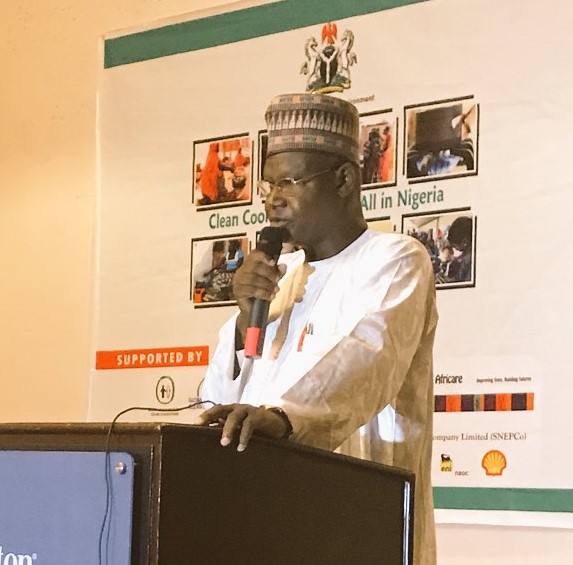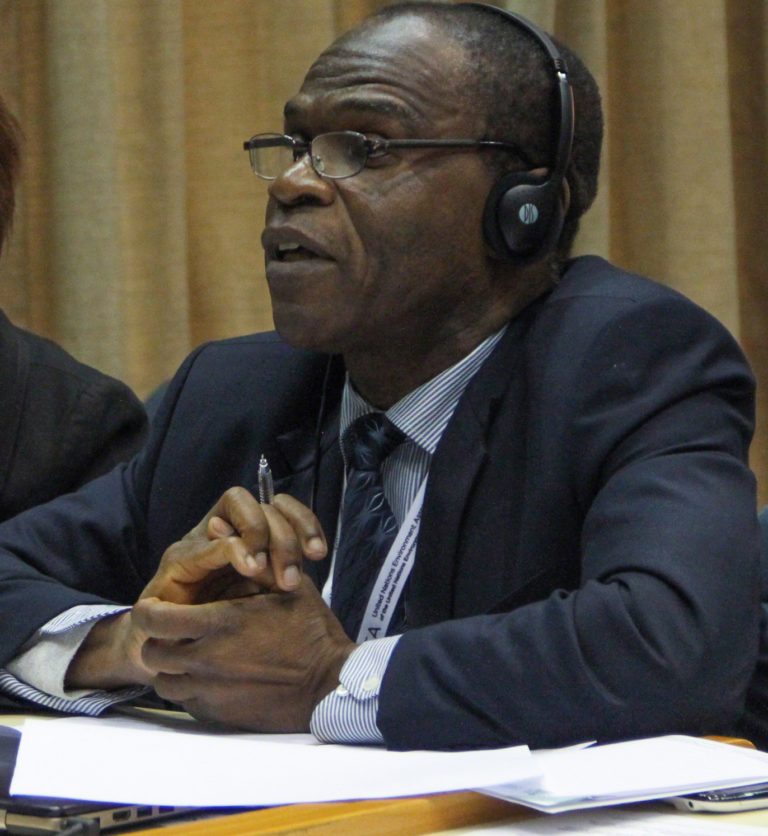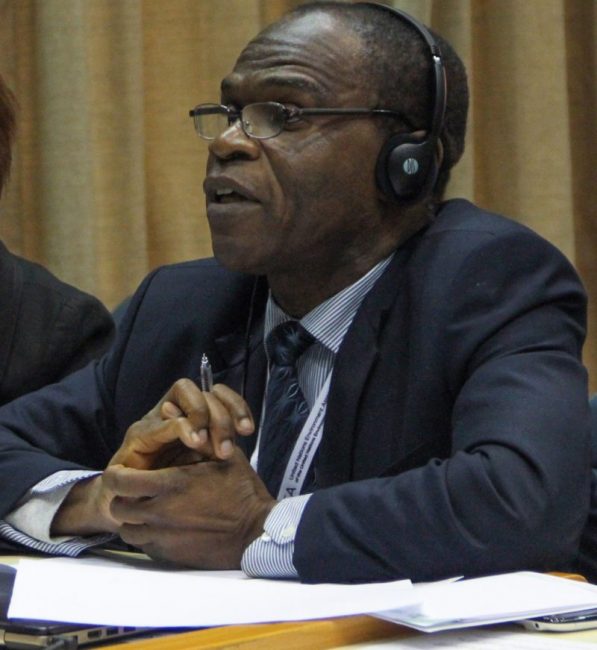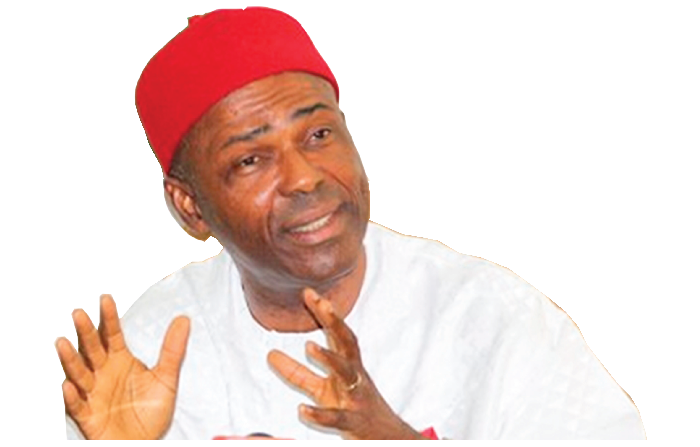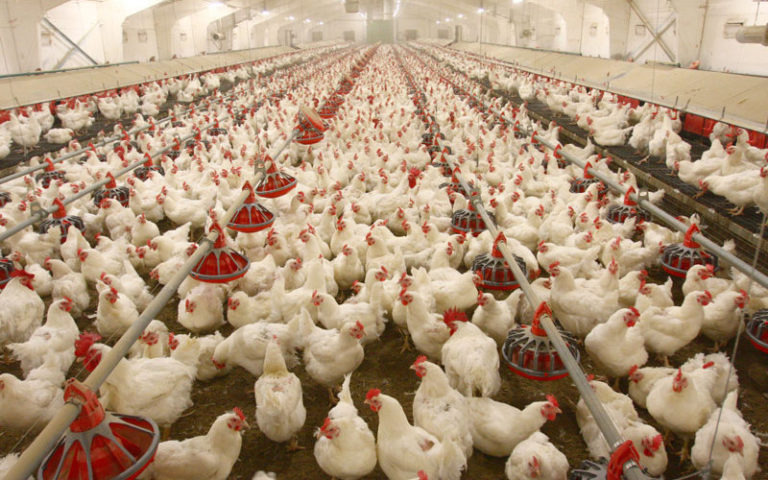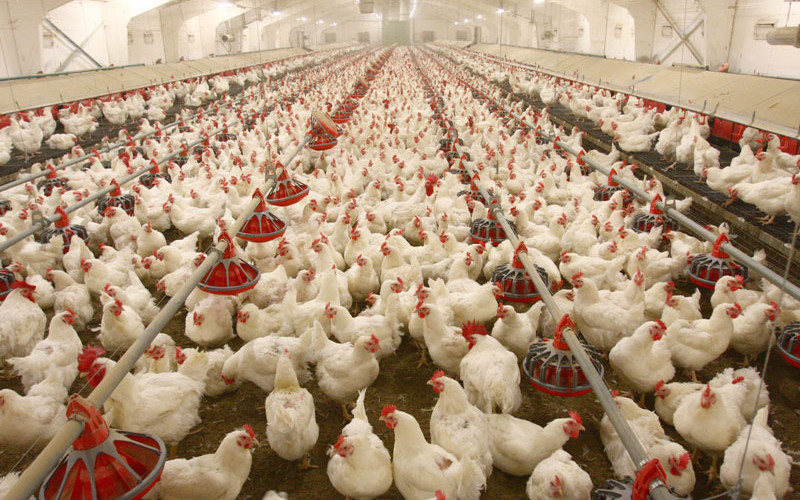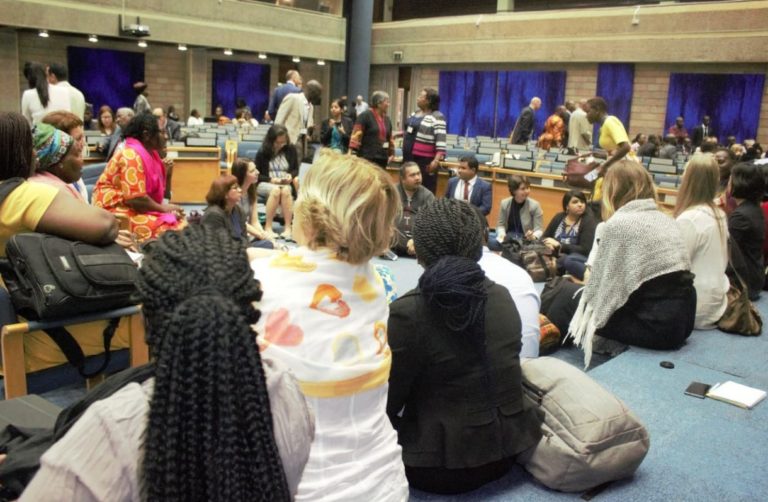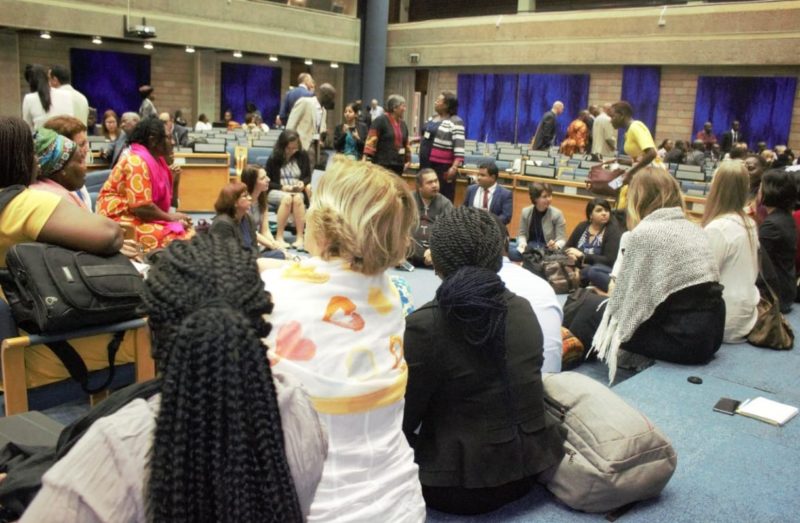The world is entering “a technology-driven Age of Optimisation” bringing about more sustainable production, consumption and work in many manifestations and at every scale.

That’s the message from international experts meeting in Kuala Lumpur, Malaysia for the Global Innovation Summit 2017, the 8th in a series focused this year on environmental sustainability. The event is organised by the Global Federation of Competitiveness Councils (GFCC) and the Malaysian Industry-Government Group for High Technology (MIGHT).
Says Deborah Wince-Smith, President of the GFCC and CEO of the US Council on Competitiveness: “The digital, biotechnological, nanotechnology, and cognitive revolutions are colliding and converging to re-write the rules of production, consumption and work in ways we could only imagine a decade ago.
“These technologies could also answer the grand global challenges of adequate food, clean water, energy, the environment, and global health.”
Digitisation, sensorisation, and big data will help optimise all aspects of manufacturing production, Ms. Wince-Smith says.
“We will have the ability to illuminate the operation of every machine and device, the cut of every blade, every movement of material, and the consumption of energy minute by minute – providing insight for greater efficiency, waste reduction and lower energy consumption.”
Systems designed for optimal efficiency of buildings, meanwhile, make 60% to 80% energy savings possible without sacrificing comfort or cost effectiveness.
Other early examples of high-tech driven resource optimisation include sensor-based, smart farming focused to the square meter level, with irrigation water delivered precisely when and where needed while saving energy.
Social network platforms like the new Turo, which enables individuals to rent out their idle private vehicles, are also part of a fast-moving trend towards sharing and economising.
In the US, Ms. Wince-Smith notes, some 150,000 neighbourhoods now use private social networks to rationalise the local labor market through referrals of local handymen and hairdressers, and by finding consumers for the unused work hours of nannies, gardeners, and house helpers.
“Neighbours moving in pass on moving boxes to neighbours moving out; new homes are found for furniture being discarded that would otherwise end up in the landfill; alerts tell neighbours when toys, bicycles, kitchenware or other items are sitting at the curb and up for grabs for free. Reuse is a main tenant of sustainability, and here is it being organised at a very local level.”
Encouraged by these development, she says, “the big question is how can we leverage new technologies across the spectrum of human activity for the most positive impact on society and sustainability?”
Fostering sustainability through innovation and competitiveness: 10 principles
The GFCC offered 10 guiding principles for nations, regions and cities looking to both succeed in ever more fierce global trading rivalries and achieve environmental sustainability.
The “10 principles of competitiveness for the sustainable future of production, consumption and work” emphasise research and development; education and training for all; sustainable and responsible natural resource development; strong intellectual property rights; open trade; and a stable, transparent, efficient and fair environment for business investment, formation and growth.
Nations that lead the world in innovation will also lead in environmental sustainability and economically, the GFCC says.
“The world is going through rapid transformations driven by technological growth, climate change, urbanisation, and changing demographics,” says Charles O. Holliday, Jr., Chairman, of Royal Dutch Shell plc. and Chairman of the GFCC.
The 2017 edition of the competitiveness principles offers “a conceptual framework to maximise the upside of such transformations, for instance, harnessing the potential of new technologies – artificial intelligence, sensors, robotics, and additive manufacturing – to drive sustainable production and prepare economies and societies to face some of the challenges ahead.”
“Malaysia is one of many emerging economy nations looking to fine tune the mix of policies and efforts that will equip our society to compete in the global marketplace and meet immense environmental challenges ahead,” says Tan Sri Zakri Abdul Hamid, Science Advisor to the Prime Minister of Malaysia and Joint Chairman of MIGHT.
“Innovative technologies hold the promise of a path to environmental sustainability. Their introduction is also expected to transform the world’s workplaces, creating and eliminating countless jobs at a rapid pace, with the many social implications such disruption entails.”
“Major risks, opportunities and rewards, therefore, are abundant in the decisions made today. How to achieve an innovative, competitive and environmentally sustainable economy is fundamental to our national well-being, and the topics of this Global Innovation Summit could not be more important. Malaysians are proud to welcome the many distinguished delegates from around the world.”
The Global Federation of Competitiveness Council’s 10 Principles of Competitiveness for the Sustainable Future of Production, Consumption and Work
Build coalitions and public-private partnerships to drive future and sustainable growth
Public and private sector collaboration is critical for scaling sustainable future production and consumption systems, as well as for developing the future workforce. Technologies, standards, regulations, investments, policies and initiatives need to be coordinated through consultation, cooperation and joint investment mechanisms. Establishing buy-in on opportunities, challenges and common goals from government, academia, business and civil society will be critical for creating a common sustainable future.
Make innovation the centerpiece of sustainable growth strategies
Innovation is a fundamental driver for sustainable production systems and a key factor for creating new businesses. To drive sustainable future growth, countries, regions and cities need to combine: world-class STEM, business and creative capabilities; favorable regulatory regimes; openness and trust; top-notch infrastructures; capital availability; smart finance; and effective business connectors and knowledge brokers.
Invest in developing the skills needed for future production, and in transitioning the workforce and society to a new economic paradigm
The transition to future production systems will require a massive adaptation in the workforce, powered by STEM and social sciences. New skills will be needed; jobs that do not exist today will emerge; many jobs will disappear. Government, academia, businesses and civil society will need to come together to effectively develop future workforce, respecting local cultures and values. They will need to work to ensure citizens will have opportunities to adapt and access future economic opportunities regardless of race, gender, religion, age or economic status.
Enhance local capabilities and leverage local assets to build global competitiveness
Cities and regions have become the cornerstones for today’s economy – they concentrate: manufacturing, consumption of goods and resources, innovation capabilities, finance and economic activities in general. The emergence of future sustainable production-consumption systems will primarily take place in cities and their surrounding regions. It will be essential to mobilise local actors in government, business, academia, non-profit, international organisations and financial institutions and leverage local innovation capabilities to create new sustainable technologies, businesses, jobs and production systems.
Implement functional, fast and forward-looking IP regimes to unleash innovation and global deployment
New technology solutions and business models will make future production systems possible. They will emerge and deploy in places were innovators and businesses are sure they will receive rewards for their efforts. Speed is critical for IP regimes as technology and global competition continue to accelerate.
Bridge technology development, investment and sustainable business models with infrastructure development
Sustainable, resilient and secure physical and cyber infrastructures will be essential to address global challenges in areas such as water, energy, climate, mobility, food, housing and natural resources. Investments in these infrastructures will also have the potential to turbocharge innovation capabilities and capacities. Countries, regions and cities should tap into the potential of infrastructure investment as a key accelerator for sustainable technologies, businesses and production systems. Innovative finance and regulation will be essential.
Scale sustainable technologies and business models via global markets
Future competitiveness will result from local innovation combined with global perspective and scale. Global flows of goods, capital, information and ideas will be essential for future production systems. Stakeholders should support open and transparent markets as drivers for economic growth around the world.
Use advanced technologies to boost resource productivity, create sustainable value chains and decouple natural resource pressures from economic growth
New, disruptive, emerging technologies open up enormous opportunities to increase the efficiency and productivity of energy and other natural resources – from minerals to water. In order to maximise this potential, these advanced technologies should be combined with smart regulation and systemic business, production and urban networks concepts. This mix can help decouple economic growth from natural resources depletion, while combatting biodiversity loss, desertification and land degradation.
Implement forward-looking, seamless and efficient regulations that create favorable conditions for the emergence of new business models and sustainable technologies
Efficiency, transparency and predictability are key attributes for functional and innovation-positive business environments. A fast-paced, changing global scenario also requires flexibility, adaptation, speed and accelerated learning. The emergence of future production and consumption systems will require experimentation and institutional learning.
Turbocharge local and national sustainable development through systematic business, regulation, policy and strategy global benchmarking
For countries, regions and cities to compete and cooperate in building sustainable production and consumption systems, it will be essential to track key metrics and constantly assess new solutions and practices implemented globally. Learning and adapting will only be possible with systematic global engagement and benchmarking.


